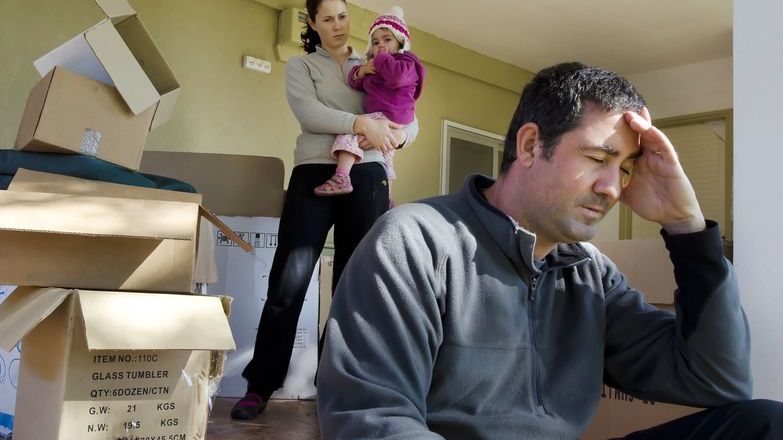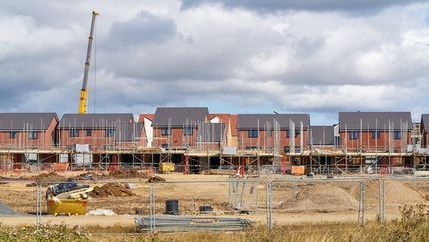
Our response to the Committee builds on Propertymark’s long-standing policy work in this area. Our position paper, Improving Access to the PRS for Welfare-Dependent Tenants, underlines the urgent need for welfare reform that works for tenants, landlords, and agents alike.
As the UK Government takes forward its reform agenda, we will continue to advocate for housing to be recognised not just as a welfare issue, but as a key part of getting Britain back to work.
Secure housing supports secure employment
The Green Paper rightly identifies key barriers to employment, such as long-term health conditions, a fragmented welfare system, and skills gaps. However, we are concerned that it fails to acknowledge the fundamental role access to stable, suitable housing can play in enabling people to find and sustain work.
No amount of skills training or employment support will succeed if individuals and families are struggling with insecure or unaffordable housing. Housing is the bedrock on which efforts to enter or re-enter the workforce are built.
Universal Credit reform
We support the UK Government’s intention to make transitions from benefits to work easier. However, Universal Credit continues to create major obstacles. We are campaigning for the removal of the five-week wait for initial payment and the conversion of advance payments from loans into grants. This would reduce the likelihood of claimants falling into arrears on their rent or mortgage payments and avoid them having to carry debt forward as they move back into work.
Giving tenants the right to have rent paid directly to landlords, rather than relying on discretionary decisions by Department for Work and Pensions (DWP) staff, will, importantly, support tenants in maintaining tenancies during difficult financial times.
Local Housing Allowance (LHA) and the Shared Accommodation Rate (SAR)
LHA rates are no longer fit for purpose. Originally intended to cover the cheapest 50% of local market rents, the reference point was lowered to 30% in 2011 and decoupled from local rents completely in 2013. Following a 4-year rate freeze, LHA was relinked to the 30th percentile of local rent costs for a single year from April 2024 and has been frozen, yet again.
Frozen rates and the impact of a national cap mean that many low-income tenants cannot find accommodation within these limits, with only 8.5% of PRS homes affordable under the current rates.
Furthermore, people under 35 who are only eligible for the SAR face even more limited housing options. The SAR doesn’t account for the volume of shared housing available in each area. If there are too few rooms in shared accommodation to rent, many people eligible for only the SAR will be required to rent more expensive properties despite receiving a lower rate of housing cost support.
We are urging the UK Government to:
- Immediately raise LHA rates to reflect the 30th percentile of local rents
- Commit to annual updates to ensure LHA keeps pace with the market
- Consider moving to the 50th percentile when public finances allow
- Suspend the SAR to give young adults a better chance of securing housing and employment
Improving access and support in the Private Rented Sector (PRS)
People living in the PRS who are disabled or dealing with ill-health face unique challenges compared to those in social housing, where tenants benefit from direct support from housing officers. Most private landlords and agents do not have the training or resources to provide the same level of support with things like benefit entitlements, welfare, and budgeting.
We are asking the DWP to increase engagement with PRS landlords and agents, including continuing the DWP PRS Forum, which we helped to establish, and ensure that any welfare reforms are clearly communicated to membership bodies like Propertymark to support consistent implementation.
Additionally, more support should be provided for housing adaptations, with clearer channels for landlords to access funding and guidance.
A collaborative approach
To ensure welfare reforms truly support those who need it most, multi-agency forums involving landlords, agents, work coaches, and local services should be created to facilitate tailored support for individuals and improve communication between all parties involved in housing and employment services.
Proposals to strengthen the use of benefit sanctions are a case in point; sanctions must not impact rent payments or further jeopardise a claimant’s housing stability, and closer relationships between work coaches, agents, and landlords to understand tenants’ needs could help to avoid unnecessary risk to housing tenures.








